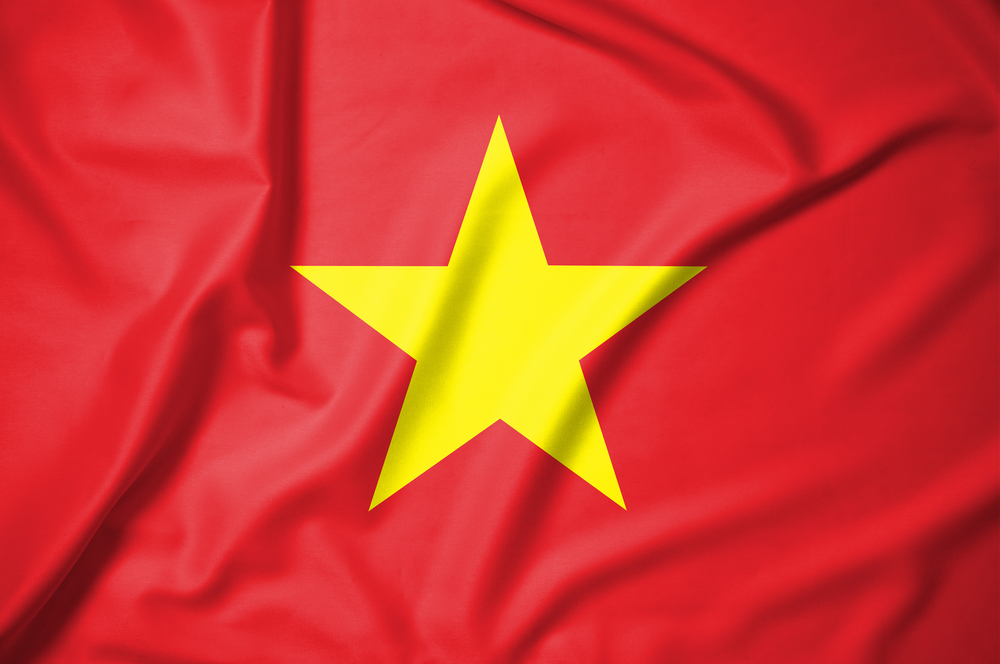Managing Corporate Name Infringement in Vietnam
By Dezan Shira & Associates
Posted: 18th May 2016 11:08
In the midst of attracting record investment from all corners of the globe, Vietnam has a nasty secret – intellectual property (IP). Not only does the nation rank 88th out of 140 economies in terms of IP protection, but policy instability is increasingly cited by investors as a concerning aspect of doing business within the country.For manufacturing companies flocking to Vietnam for its low costs and close proximity to China, IP may seem an issue of little concern. Traditionally manufacturing operations have been devoid of high value add trade secrets and thus faced little exposure to theft. While the nature of production is likely to change as Vietnam solidifies it position in electronics manufacturing, a more salient IP risk in the near to medium term regards the safeguarding of brand reputation.
MNCs and well regarded SME brands choosing to invest in Vietnam are often faced with competitors branding themselves under the same or similar names. Not only can this cut into profits, but it also hurts the reputation of emerging brands in the event that competitors manufacture similar goods at a lower quality.
For all companies involved in manufacturing in Vietnam, understanding intellectual property laws is a significant asset in preventing infringement within the country. Key legislation in this regard includes:
- Decree No. 99/2013/ND-CP on the sanctioning of infringements in the field of industrial property
- Decree No. 78/2015/ND-CP on enterprise registration
As mentioned, a key component of Vietnam’s problems with IP protection center on its emergent regulatory environment. With new laws and guidance being crafted by the authorities on an annual basis, companies can often be unaware of changes to procedures and thus are unable to counter challenges in an effective manner. Issued by the Ministries of Science and Technology, and Investment and Planning on April 5th, 2016, Joint Circular 05/2016/TTLT-BKHCN-BKHDT provides the most up to date guidance on the process that investors should expect with regard to name infringement claims.
Procedures for Resolving Name Infringement Disputes
Following the submission of infringement allegations pursuant to guidelines issues under Decree No.78/2015, Vietnamese authorities will issue a decision on the validity of these claims. Should the decision indicate that infringement has occurred, the process outlined below will be implemented to resolve the infringement:
Step 1– Following a decision from authorities indicating that a violation of name infringement has occurred, a period of 30 days is provided for the parties in question to come to a private settlement. This settlement must be reached in compliance with guidelines established under article 27 of Decree No.99/2013/ND-CP. If a settlement is reached, the case is dropped by governmental authorities.
Step 2– If 30 days pass and a private settlement is not reached, companies may request the business registration office take action against the party the infringing party. After 10 days, the business registration office is required to have sent a notice to the infringing company requiring it to change its name.
Step 3 – From the date that the infringing company receives the notice to change its name, it has 2 months to complete the relevant legal procedures for a name change. When this process has been completed, holders of industrial property rights will be notified in 5 working days.
Dealing with Non-Compliance
At times, despite actions taken by governmental authorities, those found to be infringing will fail to comply. Should this occur, more severe penalties can be sought. These penalties will begin with fines and end in business license revocation. The following steps are utilized when rolling out penalties associated with non-compliance:
Step 1 – Administrative penalties are issued and the infringing company will have 60 days to comply with these penalties and complete required procedures pursuant to changing its name.
Step 2– Following the end of the 60 day compliance period, if the infringing party still has yet to comply, the authorities will within 15 days send a request to the company for an explanation regarding their non-compliance.
Step 3– The infringing party will then have 10 days reply to the request for an explanation with reasoning, documents and other materials outlining their rationale for non-compliance. If no response is sent after 6 months, the business registration office will revoke the infringing party’s business registration certificate.
Optimizing Protection
In total, the process for successfully mitigating name infringement risks can take up to a year to complete. To ensure that action is taken at the earliest possible point, companies should familiarize themselves with procedures outlined above as well as related legislation. If questions arise during this process, it is highly recommended that companies seek the council of governmental officials or a professional investment services firm.
Since its establishment in 1992, Dezan Shira & Associates has been guiding foreign clients through Asia’s complex regulatory environment and assisting them with all aspects of legal, accounting, tax, internal control, HR, payroll and audit matters. As a full-service consultancy with operational offices across China, Hong Kong, India and emerging ASEAN, we are your reliable partner for business expansion in this region and beyond.
For inquiries, please email us at info@dezshira.com. Further information about our firm can be found at: www.dezshira.com




Comments